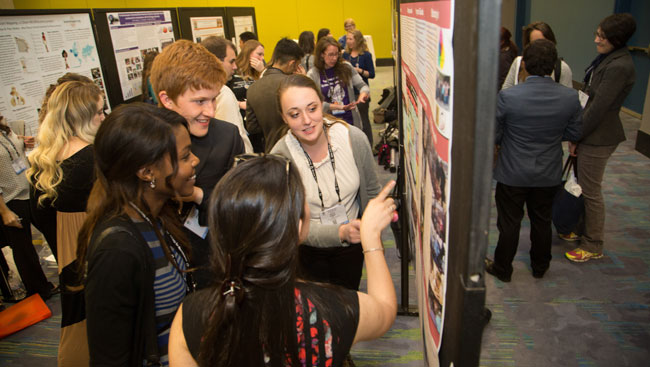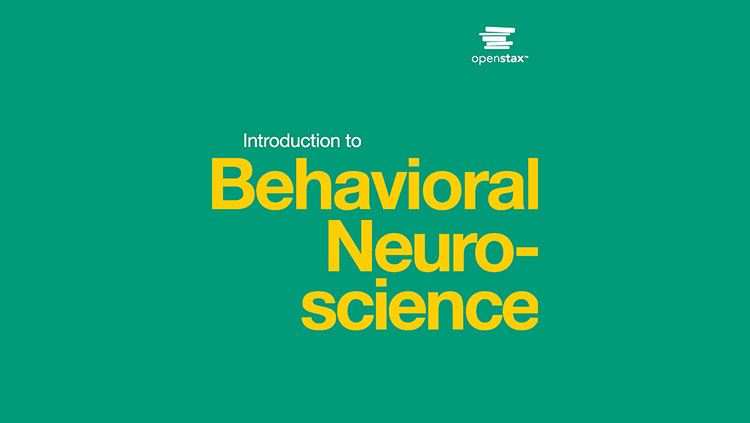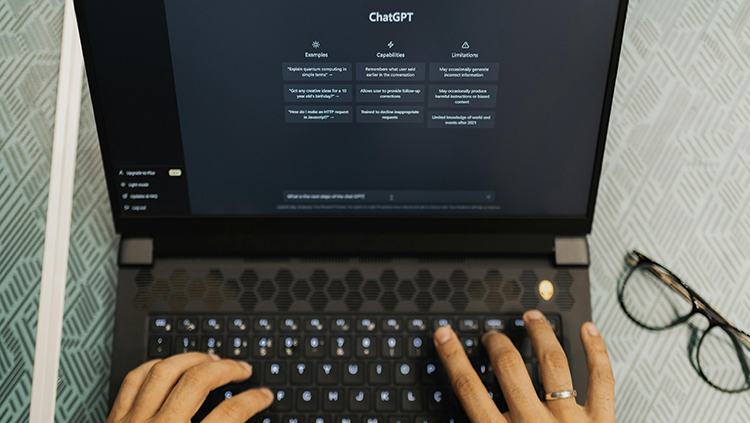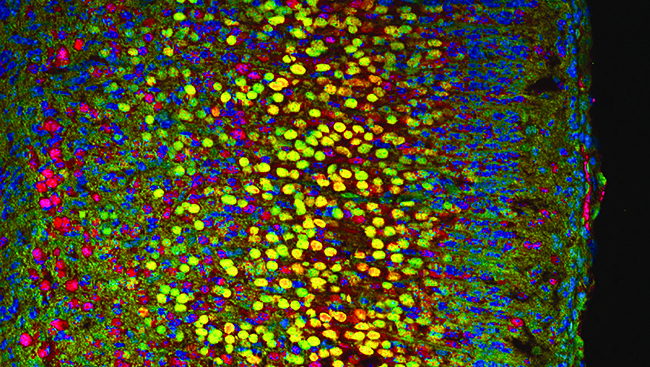
I. Memming Park, a faculty member part of Stony Brook University’s Research Experience for Undergraduates program, shares how opening your lab to undergrads for the summer can lead to many positive impacts, such as bringing new energy that can move projects forward and helping undergrads to experience the joys of research.
This Q&A is part of a series that explores how summer undergraduate research programs impact students and the labs who host them. For more perspectives, read Part One and Part Two of the series.
Why do you invite undergraduates to do summer research in your lab?
I enjoy having undergraduate students in the lab during the summer. They bring fresh energy, ideas, and motivation, which makes the lab livelier. When they’re here it’s a perfect time to dabble with projects I want to push forward because undergraduates don’t have course work over the summer and can solely focus on the research projects.
What are your goals for students who participate in the program?
My goal is to involve the students as we work together to find answers to specific scientific questions and discover new directions of research. Right now, we’re trying to find out what information is hidden in the neural signals of mouse visual cortex and how neurons work together to process visual information. Computational neuroscience is a field with growing demand, and undergraduate students can really make an impact.
How do you practically integrate undergraduates into ongoing research projects?
I try to choose a research topic aligned with current trends of the field, including exploring new avenues of research. I’ll start by replicating a seminal paper in computational neuroscience. Even a simple research project in this area typically requires advanced math and statistics, so for the first couple of weeks, I teach basic math and statistics to get them up to speed. At the same time, I give them basic but practical problems to solve involving data analysis.
What do you hope students gain during their time in the lab?
I hope they experience the joy of research. Research takes time, and knowing that you can enjoy the process can have a lasting effect on your life as a scientist. I also hope they’ll learn how to think and learn independently.
Catch up on the rest of the series, Inside Summer Undergraduate Research Programs: Part One and Part Two.
Speaker








